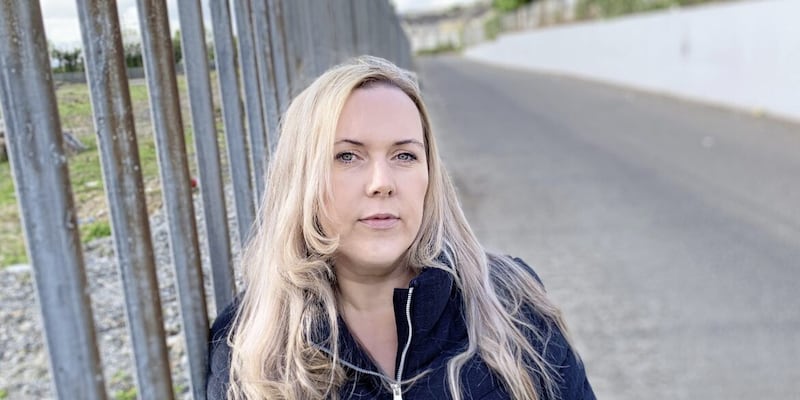MAYBE your child is heading to nursery school in a few days, or making the move to big school, or making the even bigger step away from home to university or into the workplace.
Whatever stage they are at, it can be daunting for them and for us. But it's our job as parents and guardians to build and nurture resilience in our kids and help them build strong foundations for life.
In a world that's constantly changing, one of the most valuable gifts we can give our children is the ability to adapt and thrive in the face of challenges. As parents, our role, as well as everything else, is to equip them with the tools to become resilient individuals who can navigate life's ups and downs with confidence.
Resilience is the capacity to bounce back from setbacks, adversity and stress, and emerge even stronger. It's not our job to shield our children from difficulties, but rather help them develop the skills to cope and grow from these experiences. Resilience lays the groundwork for emotional well-being, problem-solving abilities and overall success in adulthood.

I remember a few years back, our house was under threat. One of the main issues I beat myself up about was that this would have a negative impact on my children. And, of course, it did. I remember mentioning it to my counsellor when I was getting trauma therapy and she said it obviously wasn't an ideal situation, but that the experience would also build resilience in them. All challenge does.
Encouraging a 'growth mindset' in our kids will help them foster the belief that abilities and intelligence can be developed through effort and learning. By praising children for their efforts rather than just their successes, we can help them embrace challenges as opportunities for growth.
Children learn by taking risks and making mistakes. As parents, it's crucial to create an environment where they feel safe to explore their boundaries. Whether it's trying a new sport, attempting a complex puzzle, trying new things, stepping back and allowing them to handle a situation themselves or even cooking a simple meal, letting them experience failures helps them build resilience and problem-solving skills.

Read more:
Leona O'Neill: Back to school - and a lifelong adventure of learning
Leona O'Neill: How to prepare your teen, and yourself, for them going to university
Leona O'Neill: A kind gesture could make a world of difference to a person on the streets
Emotional intelligence is the ability to understand and manage emotions – both one's own and others'. Helping children identify their feelings and express them in healthy ways is important. Encouraging open conversations about emotions and problem-solving is crucial, so they learn that seeking help is a sign of strength, not weakness. This is super-important as we send our kids off to university and out of our care.
Children often learn more from our actions than our words. Demonstrating resilience in your own life, whether it's facing work challenges, dealing with stress, or pursuing personal goals is an important lesson. When they see you handling adversity with grace and determination, they'll be inspired to do the same.
When I was struggling with PTSD, I tried to keep it from my kids. But after a time I realised that it might help them better if they saw that I had a challenge, I faced it, got help and got better. I was open about it all, because I wanted them to know that life can throw stuff at you, but that you can overcome it – that nothing ever stays the same.

Resilience is closely tied to the ability to solve problems effectively. Encouraging our children to brainstorm solutions when they encounter difficulties is a good practice to adopt. By involving them in decision-making processes, you empower them to take ownership of challenges and work towards solutions.
I feel it's so important to teach children the importance of self-care, even from a young age. They need to know that everything from getting enough sleep and staying active to engaging in hobbies they enjoy will help them stay well.
Introducing them to healthy coping mechanisms like deep breathing, journaling, or engaging in creative activities can only be beneficial. These tools will equip them to manage stress in healthy ways.
As parents, we play an instrumental role in shaping our children's ability to thrive in an ever-changing world. By nurturing resilience from a young age, we empower them to face challenges head-on, develop vital life skills, and ultimately build a strong foundation for a fulfilling and successful life journey.
Resilience is a lifelong journey, and every effort we invest in our children's emotional well-being today will pay dividends in their futures.








